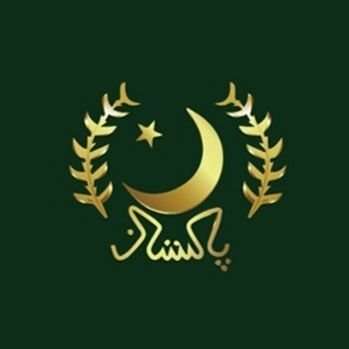
The legal validity of the two laws remains subject to contentious debate. As the caretaker government and several PML-N leaders’ rushed to defend their legitimacy, the heart of the ongoing controversy rests upon the correct interpretation of the Constitution in this matter. Until this fundamental query is resolved, the altered versions of these two laws should remain inactive until the judiciary has issued its final verdict. With the evolution of caretakers taking place, one could have reasonably expected that the feverish unrest that has recently engrossed the landscape of the politics of the country would gradually diminish. Unfortunately, the situation seems to be taking a substitute course, as signs point toward a renewed spell of unpredictable instability. This unsettling development can be attributed to persisting power struggles within the upper echelons of the state.
The requisite for a neutral inquiry into this matter cannot be exaggerated. If any individuals were intent on pushing these bills through, regardless of the president’s stance, it is imperative that they are identified and held accountable. While it has come to light that the President’s Secretariat has initiated steps to replace the president’s secretary, this action falls short. All those responsible must face consequential repercussions for undermining the legislative process. President Alvi, if genuinely deceived, bears the duty of restoring the integrity of his office. Nonetheless, President Alvi’s decision to offer an apology for these two laws has sowed further confusion. His tone seemed to suggest inevitability to their implementation. Did he implicitly acknowledge them as a fait accompli? This perplexing stance has drawn criticism from legal experts who argue that the absence of the president’s assent renders the bills unenforceable. Given this, why did Mr. Alvi adopt such an equivocal position in his statement?
The president’s revelation sent shockwaves throughout the nation, igniting a storm of debates, opinions, and interpretations. Analysts and commentators found themselves sharply divided when assessing the ramifications of this disclosure. As the temporary government grappled to deflect accountability, Pakistan found itself subject to international derision due to the farcical spectacle that recent governance had devolved into.
Evidently, something was awry within the presidency. In recent days, our publication faced consistent obstruction from the Aiwan-i-Sadr as we sought confirmation on the actual status of numerous laws that were passed by the 15th National Assembly during its concluding days. The puzzle of which laws had indeed received President Arif Alvi’s endorsement remained unanswered. The question of who was behind this suppression of information remains shrouded in uncertainty; intriguingly, even the president’s own statement insinuates that he, too, was uninformed.
The current predicament was exacerbated by the actions of the president, who, on Sunday, triggered a significant scandal by making a public statement on X (formerly Twitter). In this declaration, he categorically stated that he had never given his approval for the passage of two contentious bills that aimed to amend the Army Act and the Official Secrets Act. Remarkably, these very amendments had been officially announced and declared as law a mere day before.

